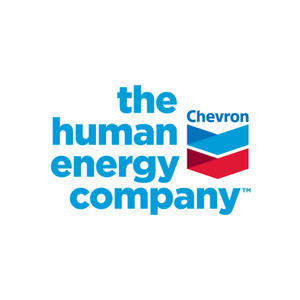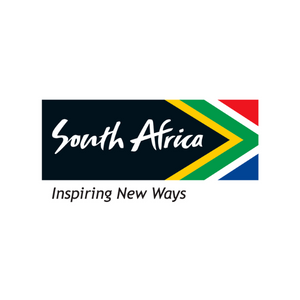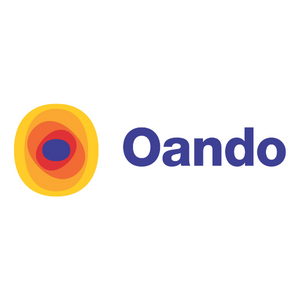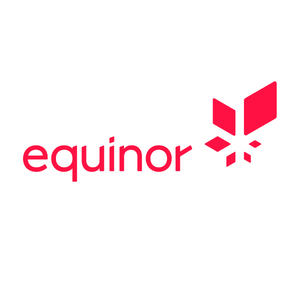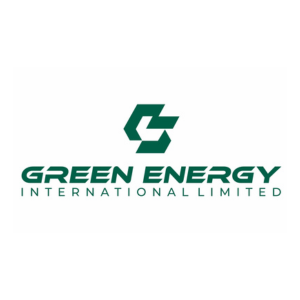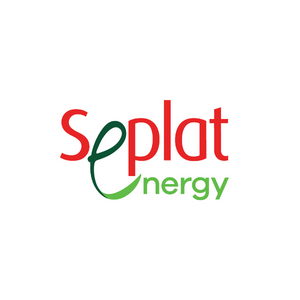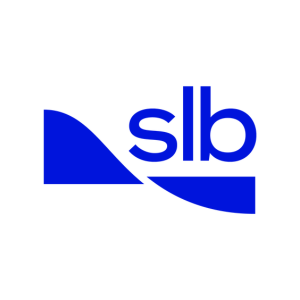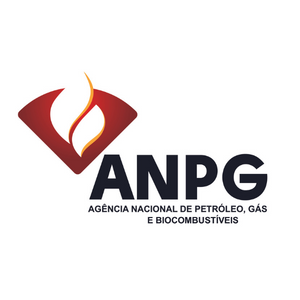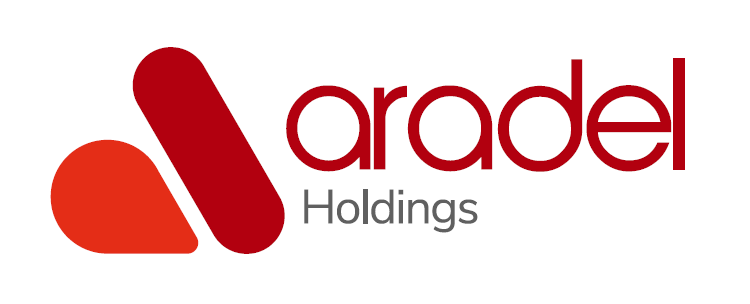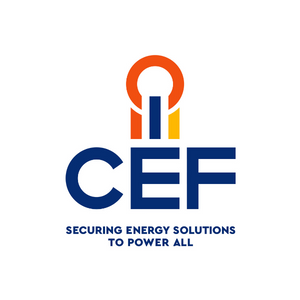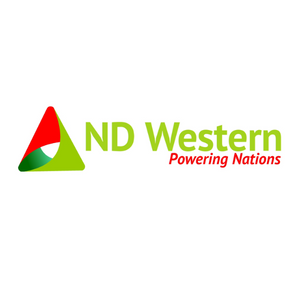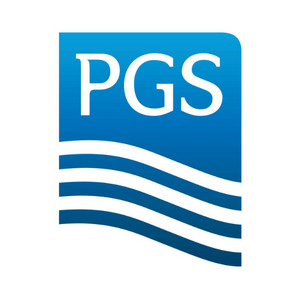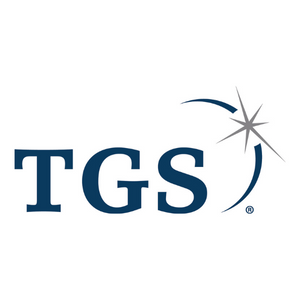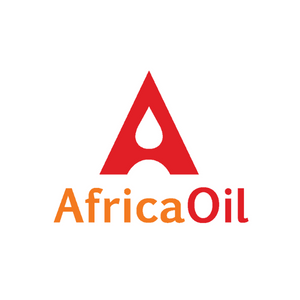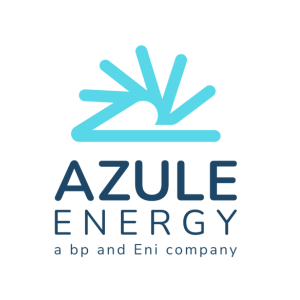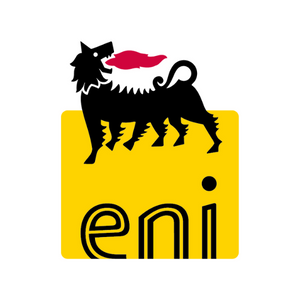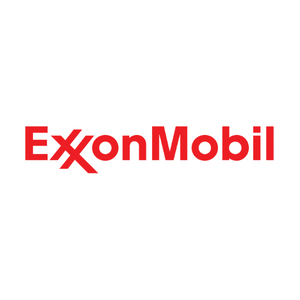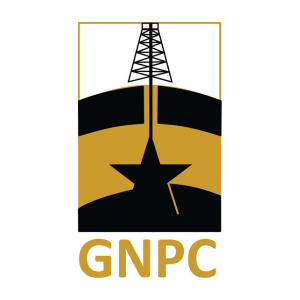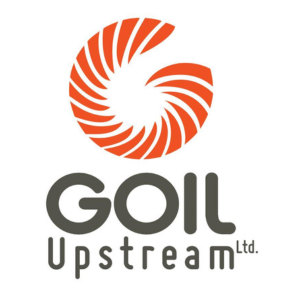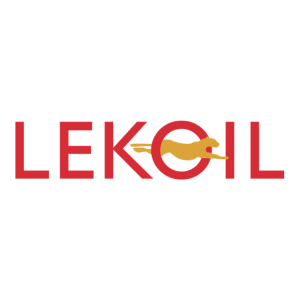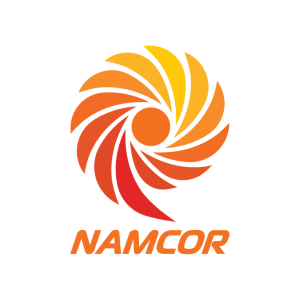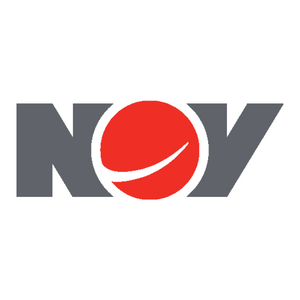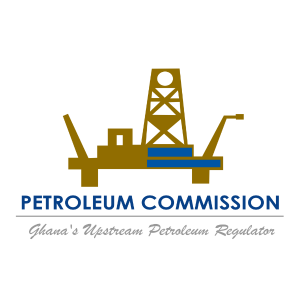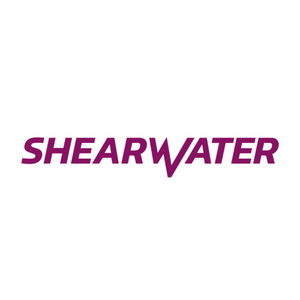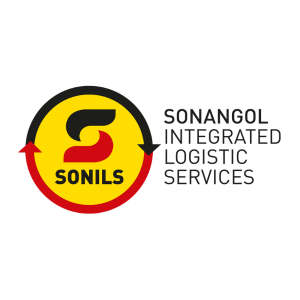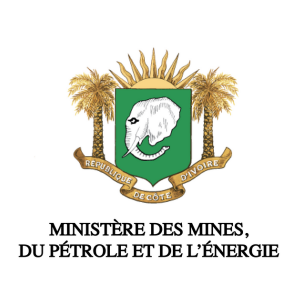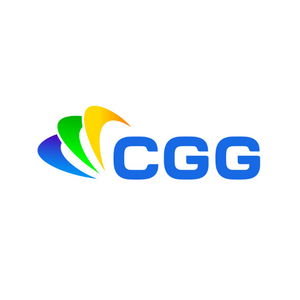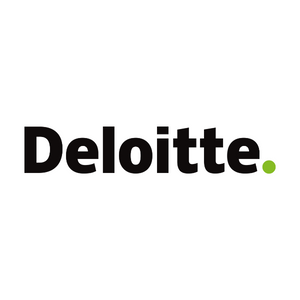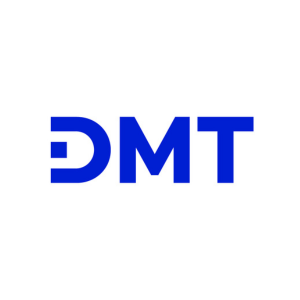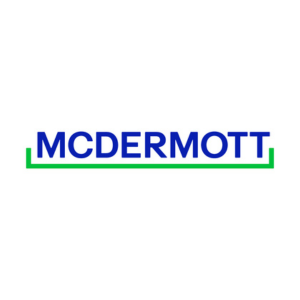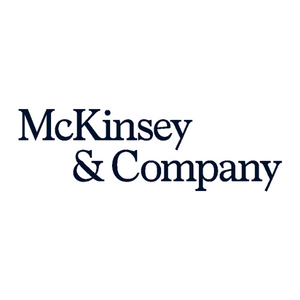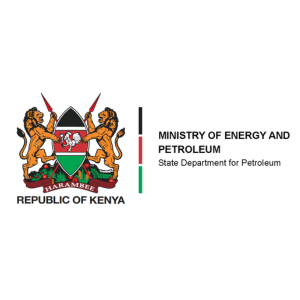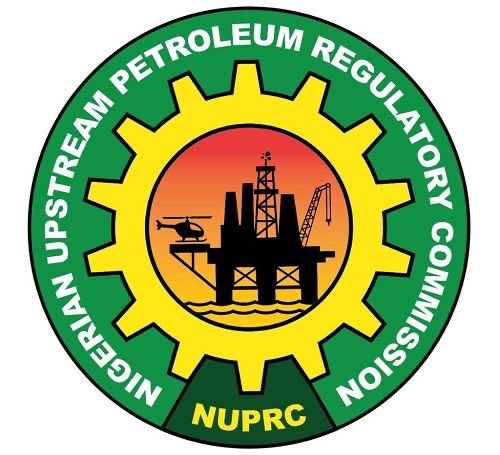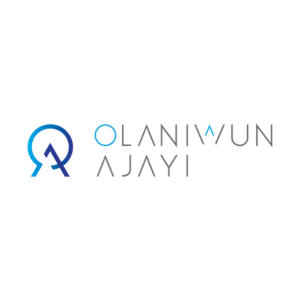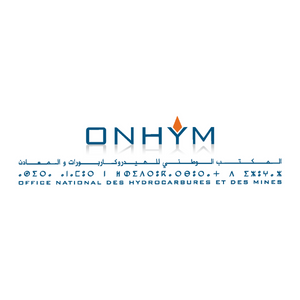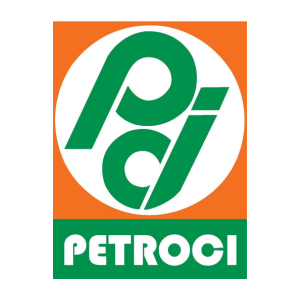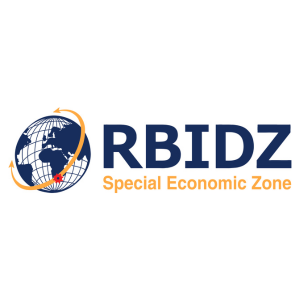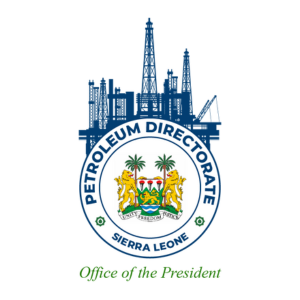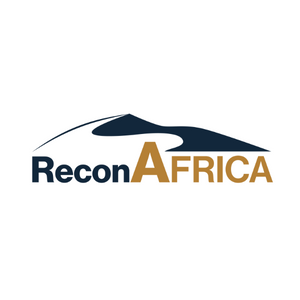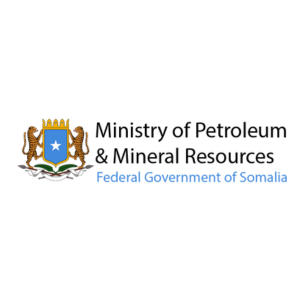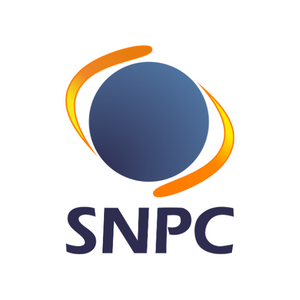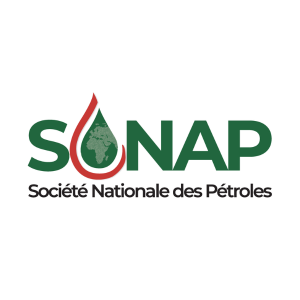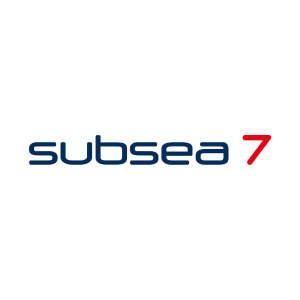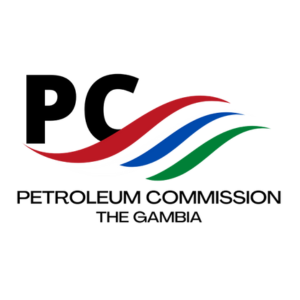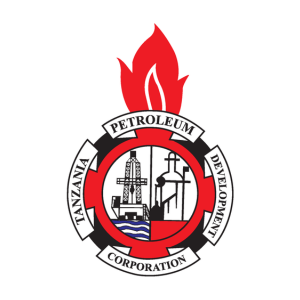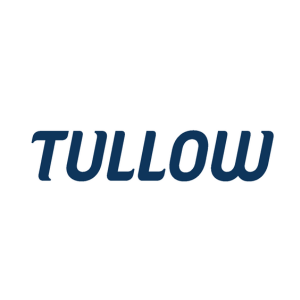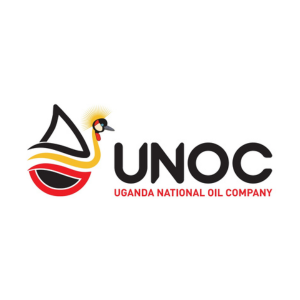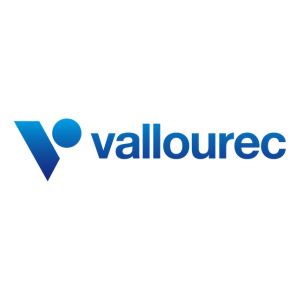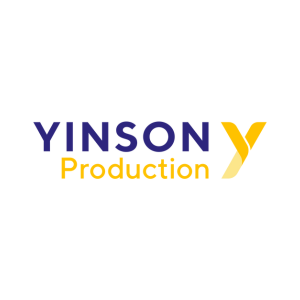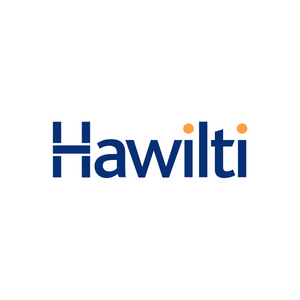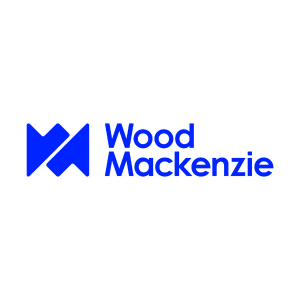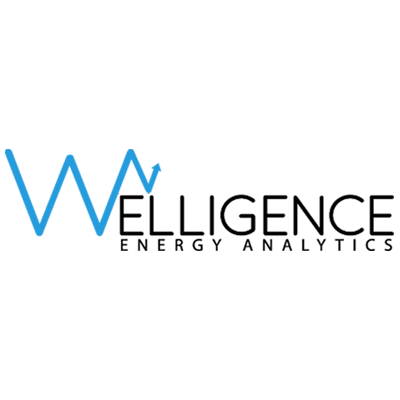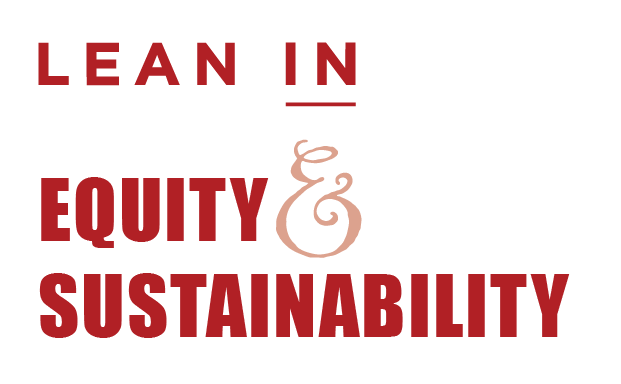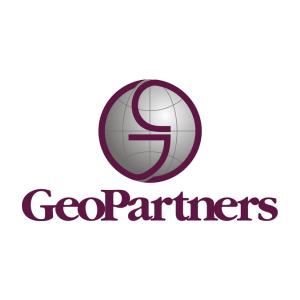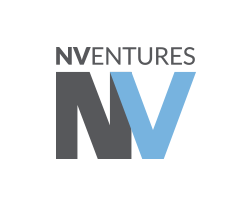Africa has been busy when it comes to licensing rounds.
Across the continent, nearly all hydrocarbons-bearing nations have either launched, are planning, or have recently concluded bidding rounds on substantial acreages.
Here, we detail some of the key opportunities and bidding rounds taking place throughout Africa. Read on for a detailed overview of the available acreages, succesful bids, and previews of what’s to come.
Senegal
PETROSEN, Senegal’s NOC, is launching its first offshore round in January 2020.
The round will be open for six months and covers 10 offshore exploration blocks in the MSGBC Basin.
Speaking at Africa Oil Week, Senegal’s Minister of Petroleum and Energy, H.E. Mouhamadou Makhtar Cissé, commented: “I would like to state the immense opportunities that exist in Senegal, as well as reassure a stable regulatory and investment framework. Investors should be excited and ready to take on the challenge to take advantage of Senegal’s opportunities within its oil and gas sector.”
The MGSBC Basin is relatively underexplored, despite being the site of some of the most significant discoveries of recent times. For instance, the Yakaar-1 gas well yielded the largest global gas discover in 2017, as well as the Grater Tortue Ahmeyim project as the largest worldwide gas discovery of 2015 too.
Both these plays were located 100km off the coast of Senegal, but there remains a vast area yet to be explored. As such, Senegal is full of possibility in the world of LNG.
Nigeria
In its quest to reach three million BPD production levels by 2023, NNPC will launch an on and offshore licensing round in 2020.
Deepwater exploration throughout Nigerian territory needs to be escalated if NNPC wants to achieve its goal, according to NNPC Group MD Mele Kyari. “Before the end of 2020 or next year, God willing, I believe there will be some form of bid round in that space,” Kyari said.
Earlier in November 2019, an amendment to Nigerian hydrocarbons legislation was signed into law, altering the fiscal terms for existing production sharing contracts between foreign oil & gas companies and NNPC. This increased the government’s share of revenue from oil produced in deepwater fields.
Some critics have argued this may deter further international investment. Negotiations between the Nigerian government and international oil companies are still ongoing. The licensing round is expected to be announced once these conclude.
South Sudan
South Sudan plans to offer 14 oil blocks to exploration companies in a licensing round in Q1 2020, switching from its previous method of direct negotiations with explorers.
“We are inviting all our investors that wanted to invest in South Sudan to come and move onto those blocks,” South Sudanese Petroleum & Mining Minister Daniel Chuang commented.
“We are opening up the licensing rounds for everyone on a competitive basis and this is will help us to get the right partners, investors that can be easily verified because we don’t want to continue to have direct negotiations.”
Chuang said the blocks to be offered for licensing will be blocks A1 to A6 and at present data was being collected on them. “Within the next two months, we should be able to complete the work ... By the first quarter of 2020, we will be having our first licensing round,” Chuang said.
The country gets almost all its revenue from oil and has boosted output, now at 180,000 barrels per day, as it struggles to rebuild its shattered economy after a five-year civil war.
Democratic Republic of the Congo
Despite sitting on reserves of 5bn barrels of oil, the DRC has pumped just 25,000 barrels per day for year.
To drastically step up production, the DRC announced it was planning to launch a round offering over 20 onshore blocks in April 2019.
As of that date, the round has yet to be fully announced.
This is the first planned block auction since the adoption of a new hydrocarbons code in 2015. The law was designed to clean up what was a haphazardly regulated sector. Its new transparency requirements mean, for example, public tenders for exploration and exploration permits are mandatory.
The launch of this licensing round was delayed due to prolonged coalition talks between President Félix Tshisekedi and the DRC Parliament. July 2019 saw these talks concluded, and a government formed, but the round has still yet to be formally put into play.
Somalia
The first offshore licensing round in Somali history was formally launched in February 2019, but despite roadshows in London, New Delhi, and Cape Town, the nation has deferred the full opening of bids.
Initially, 15 blocks were offered. Data available in February suggested these offshore areas held 1bn barrels of oil. A further survey revealed much larger volumes, with contemporary estimates suggesting Somalia’s offshore acreage holds up to 30bn barrels.
One of the key issues surrounding the deferment are border disputes with Kenya. The blocks on offer all border Kenyan waters, leading to political fallout between the two nations. A diplomatic solution has yet to be reached.
Another point is that Somalia has yet to truly enshrine its hydrocarbons legislation into law. International observers believe that the licensing round should remain postponed until clear oil & gas law has been fully implemented.
Gabon
Gabon’s current "12th Offshore License Round" has recently had its lifespan extended. As of 10th January 2020, the round will now close on April 30, 2020.
Acreages on offer include 12 shallow water and 23 deep-water blocks.
Across the first half of 2019, CGG conducted a wide-sweeping geological and seismic survey in the Gabon South Basin.
“The vast offshore acreage of Gabon includes unexplored areas with good potential for a hydrocarbon system,” Sophie Zurquiyah, CEO, CGG, said at AOW.
Together, the blocks span over 17,000 sq. km. of offshore area. According to a report drawn up by Spectrum for the Gabonese Ministry of Energy prior to the 12th round’s opening, North Gabon’s waters are home to pre-salt oil reserves.
Meanwhile, offshore Central Gabon held areas previously beyond the technological capabilities of mid-20th century explorers. However, analysis of post-salt carbonates indicates the local synrift here holds thick gas condensate.
State-owned Petroci launched a mini licensing round in November 2019, offering 13 vacant offshore blocks overall, split over five tracts.
Two of the five on offer are located in shallows off the coast of the nation’s commercial capital Abidjan. The remaining three are nestled closely to the Ghana maritime border. According to Petroci, the blocks on offer already have available infrastructure, as they sit closely to nearby producing oil & gas fields.
So far, Côte D'Ivoire has demarcated 51 blocks, of which 32 are currently under license to ten operators. 18 blocks are currently unlicensed.
As it stands, the country currently produces 38,000 bpd from four blocks, alongside 213 million cubic feet of gas per day. The gas generated here accounts for 90% of the country’s power supply, so developing further resources is not just an economical imperative, but a power one too.
Sierra Leone
Another country looking to capitalise on potential offshore resources is Sierra Leone.
The nation is offering direct tender applications for the ultra-deepwater blocks with 50% of the area sitting on depths exceeding 2,500m. Open tender applications are available for the other license applications in relatively shallow waters.
Sierra Leone has been the site of exploration for several decades, but not particularly intensely. Only eight offshore wells were drilled between 1982 and 2009, although these did result in oil shows. However, no further drilling occurred until 2009, until Anadarko drilled three more up to 2012, with a further discovery by Lukoil in 2013.
The deadlines have been extended, giving applicants until the 28th February 2020 to submit their proposals.
Egypt
After settling some legal wrangling over its access to the Red Sea, Egypt is exploring this area in earnest, hoping to replicate its success in the Mediterranean.
The Egyptian Petroleum Ministry announced in December 2019 that it had awarded three out of a possible ten concessions in its first ever Red Sea licensing round.
Chevron and Shell are the winners, committing $326m to exploring blocks with a combined area of 10,000 square kilometres. Investment could rise to “several billion dollars” if any gas or oil is found, according to the Ministry.
Shell and its partners Mubadala Petroleum from the UAE were jointly awarded Block 4, with Chevron scooping up blocks 1 and 2. All of these blocks are located in northern Red Sea waters, closer to the Egyptian mainland.
No further blocks were awarded during this first bidding round, but the Egyptian Petroleum Ministry’s outlook remains positive.
"The necessary investments for exploration and development...and the lack of production facilities, indicates the eagerness of Chevron," the Ministry said. "In addition to Shell, it is a good indicator...that confirms the continued expansion of the size of investments in the petroleum sector and contributes to increasing the chances of success."
Additionally, Egypt is now mulling over a further licensing round on the Western Mediterranean, with as many as 11 blocks up for offer.
Equatorial Guinea
Launched in April 2019, and closed in November of the same year, Equatorial Guinea’s Ronda offshore licensing round has had several big winners.
Initially offering 27 blocks to prospective bidders, nine have so far been awarded.
The recipients are essentially all joint ventures. GEPetrol, Equatorial Guinea’s NOC, has a presence in every block awarded.
Delaware-headquartered Vaalco, along with partners Levene Energy and GEPetrol were awarded four of the nine blocks. Noble Energy, GEPerol, Lukoil, and the Africa Oil Corporation all took one block each with GE, with another joint venture of WalterSmith, Hawtai Energy taking the final joint venture.
With this approach, Equatorial Guinea has ensured a strong ratio of local content. WalterSmith, for instance, is headquartered in Nigeria, whereas GEPetrol itself will have a presence on all exploration work going forward.
Uganda
A short and sweet bidding round launched in September 2019, Uganda offered five blocks in the Albertine Graben area to a mixture of IOCs, local firms, and those willing to engage in joint ventures.
The timeline for this round was rapid. From the September announcement, applications had until 22 November to be submitted. These were then analysed between 25 November – 19 December, with bidding taking place between 6-10 January 2020.
Licenses are expected to be awarded by the end of 2020.
Albertine Graben has seen roughly 40% of its total area explored so far, but with an exceptional 90% success rate.
Here, we detail some of the key opportunities and bidding rounds taking place throughout Africa. Read on for a detailed overview of the available acreages, succesful bids, and previews of what’s to come.
Upcoming rounds
Senegal
PETROSEN, Senegal’s NOC, is launching its first offshore round in January 2020.
The round will be open for six months and covers 10 offshore exploration blocks in the MSGBC Basin.
Speaking at Africa Oil Week, Senegal’s Minister of Petroleum and Energy, H.E. Mouhamadou Makhtar Cissé, commented: “I would like to state the immense opportunities that exist in Senegal, as well as reassure a stable regulatory and investment framework. Investors should be excited and ready to take on the challenge to take advantage of Senegal’s opportunities within its oil and gas sector.”
The MGSBC Basin is relatively underexplored, despite being the site of some of the most significant discoveries of recent times. For instance, the Yakaar-1 gas well yielded the largest global gas discover in 2017, as well as the Grater Tortue Ahmeyim project as the largest worldwide gas discovery of 2015 too.
Both these plays were located 100km off the coast of Senegal, but there remains a vast area yet to be explored. As such, Senegal is full of possibility in the world of LNG.
Nigeria
In its quest to reach three million BPD production levels by 2023, NNPC will launch an on and offshore licensing round in 2020.
Deepwater exploration throughout Nigerian territory needs to be escalated if NNPC wants to achieve its goal, according to NNPC Group MD Mele Kyari. “Before the end of 2020 or next year, God willing, I believe there will be some form of bid round in that space,” Kyari said.
Earlier in November 2019, an amendment to Nigerian hydrocarbons legislation was signed into law, altering the fiscal terms for existing production sharing contracts between foreign oil & gas companies and NNPC. This increased the government’s share of revenue from oil produced in deepwater fields.
Some critics have argued this may deter further international investment. Negotiations between the Nigerian government and international oil companies are still ongoing. The licensing round is expected to be announced once these conclude.
South Sudan
South Sudan plans to offer 14 oil blocks to exploration companies in a licensing round in Q1 2020, switching from its previous method of direct negotiations with explorers.
“We are inviting all our investors that wanted to invest in South Sudan to come and move onto those blocks,” South Sudanese Petroleum & Mining Minister Daniel Chuang commented.
“We are opening up the licensing rounds for everyone on a competitive basis and this is will help us to get the right partners, investors that can be easily verified because we don’t want to continue to have direct negotiations.”
Chuang said the blocks to be offered for licensing will be blocks A1 to A6 and at present data was being collected on them. “Within the next two months, we should be able to complete the work ... By the first quarter of 2020, we will be having our first licensing round,” Chuang said.
The country gets almost all its revenue from oil and has boosted output, now at 180,000 barrels per day, as it struggles to rebuild its shattered economy after a five-year civil war.
Democratic Republic of the Congo
Despite sitting on reserves of 5bn barrels of oil, the DRC has pumped just 25,000 barrels per day for year.
To drastically step up production, the DRC announced it was planning to launch a round offering over 20 onshore blocks in April 2019.
As of that date, the round has yet to be fully announced.
This is the first planned block auction since the adoption of a new hydrocarbons code in 2015. The law was designed to clean up what was a haphazardly regulated sector. Its new transparency requirements mean, for example, public tenders for exploration and exploration permits are mandatory.
The launch of this licensing round was delayed due to prolonged coalition talks between President Félix Tshisekedi and the DRC Parliament. July 2019 saw these talks concluded, and a government formed, but the round has still yet to be formally put into play.
Somalia
The first offshore licensing round in Somali history was formally launched in February 2019, but despite roadshows in London, New Delhi, and Cape Town, the nation has deferred the full opening of bids.
Initially, 15 blocks were offered. Data available in February suggested these offshore areas held 1bn barrels of oil. A further survey revealed much larger volumes, with contemporary estimates suggesting Somalia’s offshore acreage holds up to 30bn barrels.
One of the key issues surrounding the deferment are border disputes with Kenya. The blocks on offer all border Kenyan waters, leading to political fallout between the two nations. A diplomatic solution has yet to be reached.
Another point is that Somalia has yet to truly enshrine its hydrocarbons legislation into law. International observers believe that the licensing round should remain postponed until clear oil & gas law has been fully implemented.
Open rounds
Gabon
Gabon’s current "12th Offshore License Round" has recently had its lifespan extended. As of 10th January 2020, the round will now close on April 30, 2020.
Acreages on offer include 12 shallow water and 23 deep-water blocks.
Across the first half of 2019, CGG conducted a wide-sweeping geological and seismic survey in the Gabon South Basin.
“The vast offshore acreage of Gabon includes unexplored areas with good potential for a hydrocarbon system,” Sophie Zurquiyah, CEO, CGG, said at AOW.
Together, the blocks span over 17,000 sq. km. of offshore area. According to a report drawn up by Spectrum for the Gabonese Ministry of Energy prior to the 12th round’s opening, North Gabon’s waters are home to pre-salt oil reserves.
Meanwhile, offshore Central Gabon held areas previously beyond the technological capabilities of mid-20th century explorers. However, analysis of post-salt carbonates indicates the local synrift here holds thick gas condensate.
Côte D’Ivoire
State-owned Petroci launched a mini licensing round in November 2019, offering 13 vacant offshore blocks overall, split over five tracts.
Two of the five on offer are located in shallows off the coast of the nation’s commercial capital Abidjan. The remaining three are nestled closely to the Ghana maritime border. According to Petroci, the blocks on offer already have available infrastructure, as they sit closely to nearby producing oil & gas fields.
So far, Côte D'Ivoire has demarcated 51 blocks, of which 32 are currently under license to ten operators. 18 blocks are currently unlicensed.
As it stands, the country currently produces 38,000 bpd from four blocks, alongside 213 million cubic feet of gas per day. The gas generated here accounts for 90% of the country’s power supply, so developing further resources is not just an economical imperative, but a power one too.
Sierra Leone
Another country looking to capitalise on potential offshore resources is Sierra Leone.
The nation is offering direct tender applications for the ultra-deepwater blocks with 50% of the area sitting on depths exceeding 2,500m. Open tender applications are available for the other license applications in relatively shallow waters.
Sierra Leone has been the site of exploration for several decades, but not particularly intensely. Only eight offshore wells were drilled between 1982 and 2009, although these did result in oil shows. However, no further drilling occurred until 2009, until Anadarko drilled three more up to 2012, with a further discovery by Lukoil in 2013.
The deadlines have been extended, giving applicants until the 28th February 2020 to submit their proposals.
Awarded blocks & bids
Egypt
After settling some legal wrangling over its access to the Red Sea, Egypt is exploring this area in earnest, hoping to replicate its success in the Mediterranean.
The Egyptian Petroleum Ministry announced in December 2019 that it had awarded three out of a possible ten concessions in its first ever Red Sea licensing round.
Chevron and Shell are the winners, committing $326m to exploring blocks with a combined area of 10,000 square kilometres. Investment could rise to “several billion dollars” if any gas or oil is found, according to the Ministry.
Shell and its partners Mubadala Petroleum from the UAE were jointly awarded Block 4, with Chevron scooping up blocks 1 and 2. All of these blocks are located in northern Red Sea waters, closer to the Egyptian mainland.
No further blocks were awarded during this first bidding round, but the Egyptian Petroleum Ministry’s outlook remains positive.
"The necessary investments for exploration and development...and the lack of production facilities, indicates the eagerness of Chevron," the Ministry said. "In addition to Shell, it is a good indicator...that confirms the continued expansion of the size of investments in the petroleum sector and contributes to increasing the chances of success."
Additionally, Egypt is now mulling over a further licensing round on the Western Mediterranean, with as many as 11 blocks up for offer.
Equatorial Guinea
Launched in April 2019, and closed in November of the same year, Equatorial Guinea’s Ronda offshore licensing round has had several big winners.
Initially offering 27 blocks to prospective bidders, nine have so far been awarded.
The recipients are essentially all joint ventures. GEPetrol, Equatorial Guinea’s NOC, has a presence in every block awarded.
Delaware-headquartered Vaalco, along with partners Levene Energy and GEPetrol were awarded four of the nine blocks. Noble Energy, GEPerol, Lukoil, and the Africa Oil Corporation all took one block each with GE, with another joint venture of WalterSmith, Hawtai Energy taking the final joint venture.
With this approach, Equatorial Guinea has ensured a strong ratio of local content. WalterSmith, for instance, is headquartered in Nigeria, whereas GEPetrol itself will have a presence on all exploration work going forward.
Licensing rounds pending awards
Uganda
A short and sweet bidding round launched in September 2019, Uganda offered five blocks in the Albertine Graben area to a mixture of IOCs, local firms, and those willing to engage in joint ventures.
The timeline for this round was rapid. From the September announcement, applications had until 22 November to be submitted. These were then analysed between 25 November – 19 December, with bidding taking place between 6-10 January 2020.
Licenses are expected to be awarded by the end of 2020.
Albertine Graben has seen roughly 40% of its total area explored so far, but with an exceptional 90% success rate.

